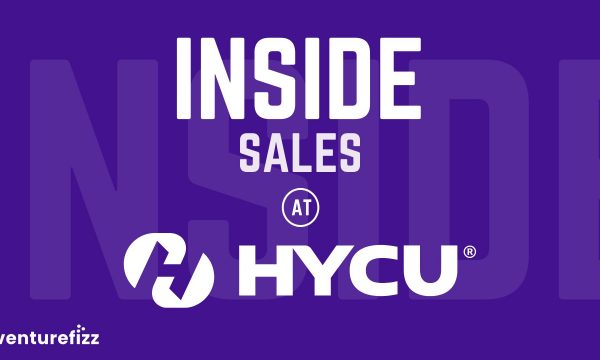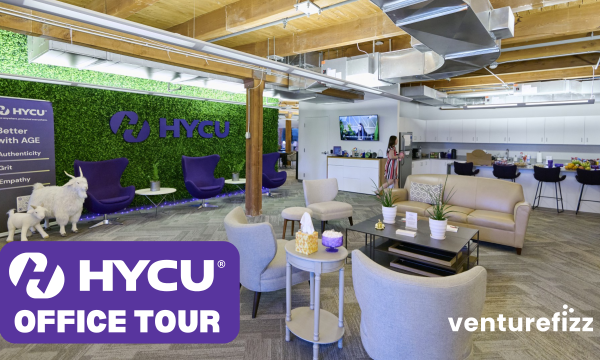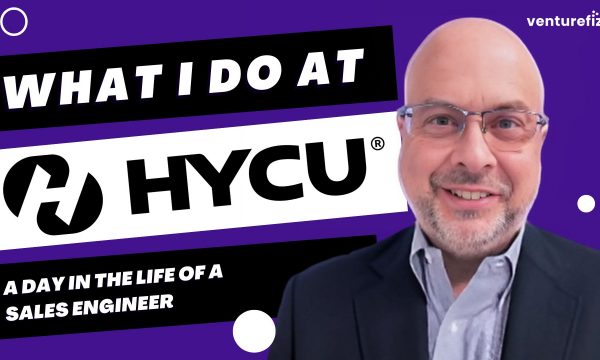HYCU’s mission is to build a safer world by harmonizing protection and visibility for all the world’s data.
Casey Balog, Director of Talent Acquisition, gives you the inside scoop on how to land a job at HYCU.
In this video
Casey discusses:
- Who is HYCU?
- Qualities they look for in an ideal candidate
- General interview process
- Tips to stand out in that process
- Why HYCU should be on a job seeker’s radar
Video Summary
My name is Casey Balog, and I am the Global Director of Talent Acquisition here at HYCU.
We are a global cloud SaaS company headquartered in Boston, with offices around the world in Europe and India. We are currently in high-growth mode, operating in a very competitive market within the data backup and recovery space. We are looking to continue to scale, grow, and do great things.
Company Values
Of our core values—authenticity, grit, and empathy—the one that stands out the most throughout the interview process is grit. We look for candidates who are:
- Scrappy: People who have experience in high-growth startup environments.
- Builders: Individuals who want to be part of a build and a success story.
We are excited to bring in those who want to be a part of this journey here at HYCU.
The Interview Process
Our process is straightforward:
- HR & Talent Acquisition: Meet the team to get a sense of who HYCU is.
- Hiring Manager: Move straight to a conversation with the lead for the role.
- Peers & Stakeholders: Meet potential teammates and other senior stakeholders.
- On-site Visit: If you are local to one of our regional offices, we love to bring you in for a final step to see the environment and meet in person.
How to Stand Out
It is a competitive job market, and we receive many applications. I recommend three specific steps:
- Do your research: Know who HYCU is, the space we are in, and the competitors we face.
- Be proactive with references: Reach out to a reference who can connect with someone at HYCU early on, rather than waiting until the final step.
- Send thank-you notes: Send a follow-up email to every single person you interview with. This information gets back to the executives and truly helps a candidate stand out.
Looking Ahead to 2026
2026 is a momentum-shifting year for us. We have new strategic partners and sound investors who believe in what we are doing. This is our “scale year.” We feel confident in the strong talent we have, and we want to continue upleveling, growing our teams, and getting better every day.





